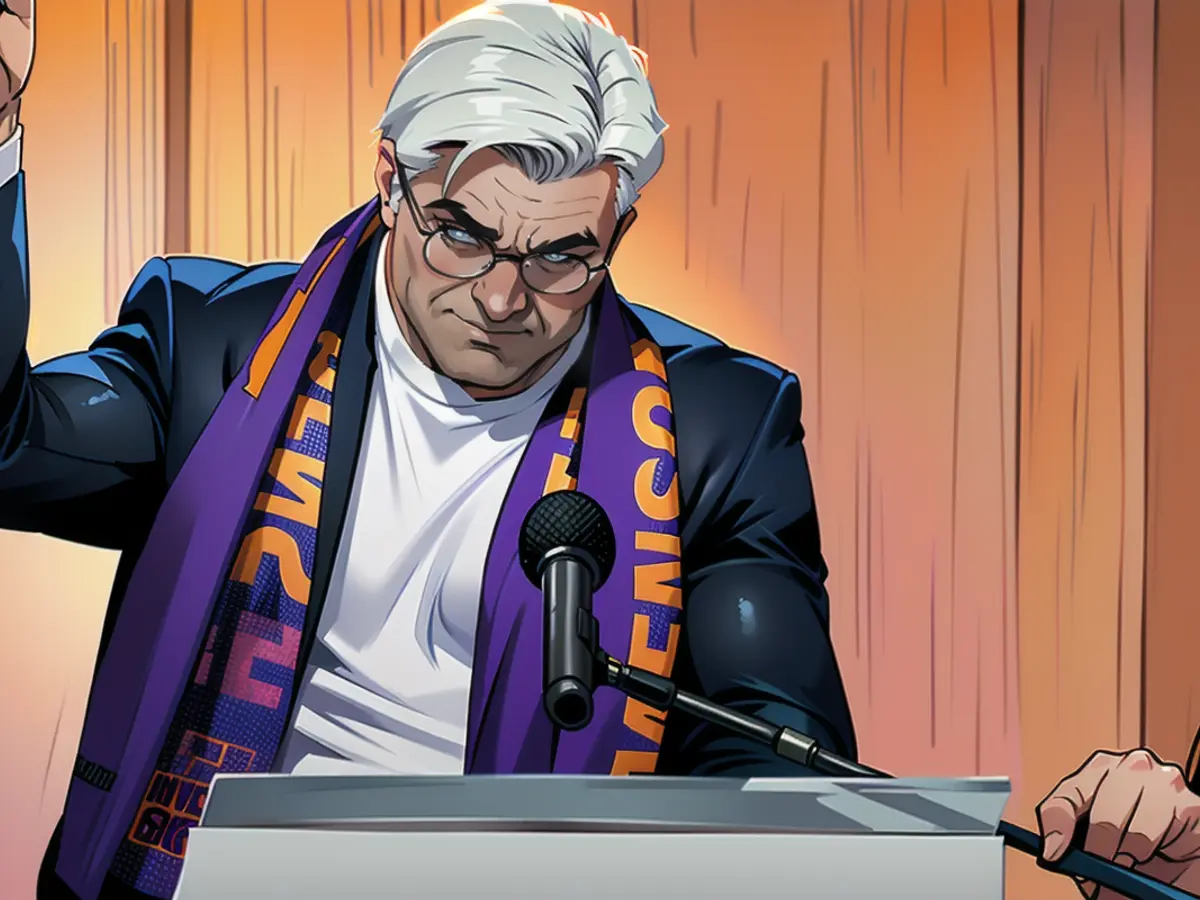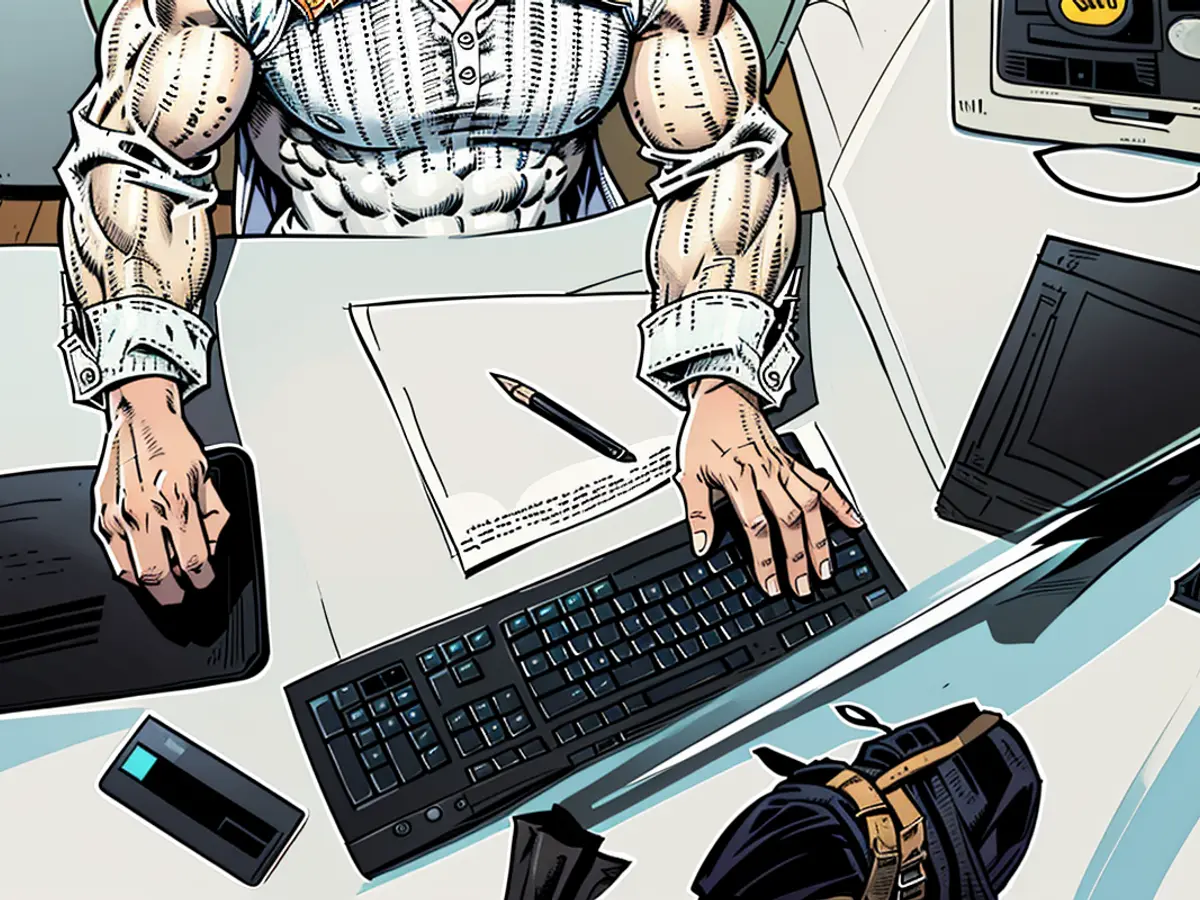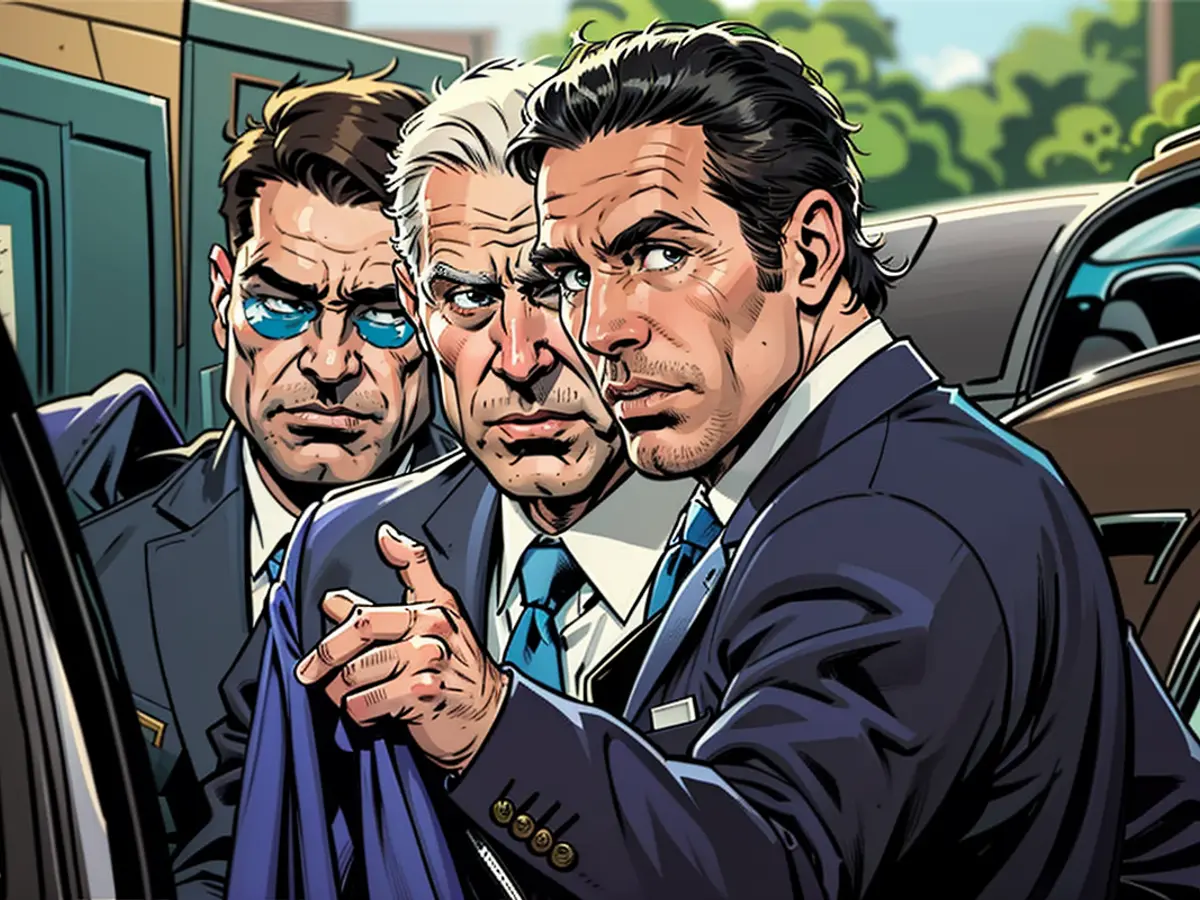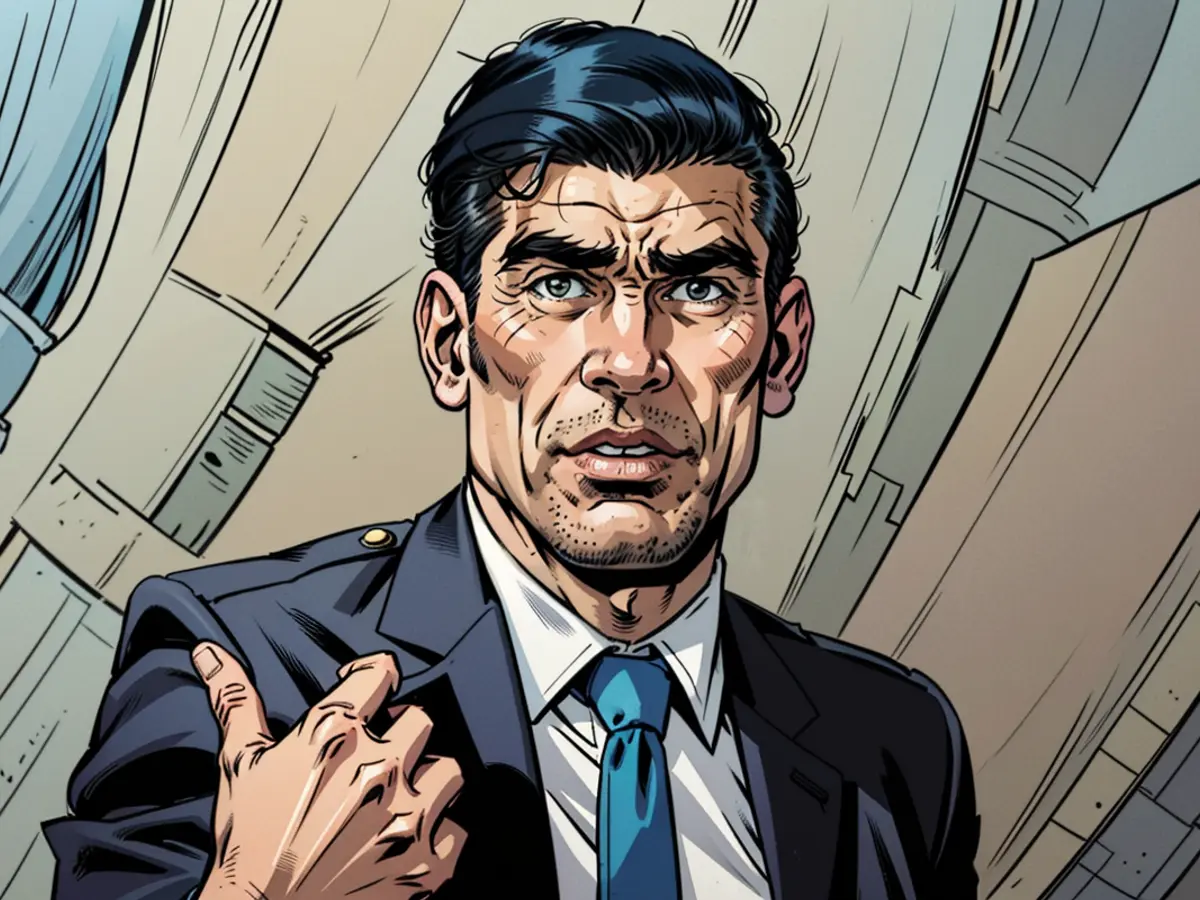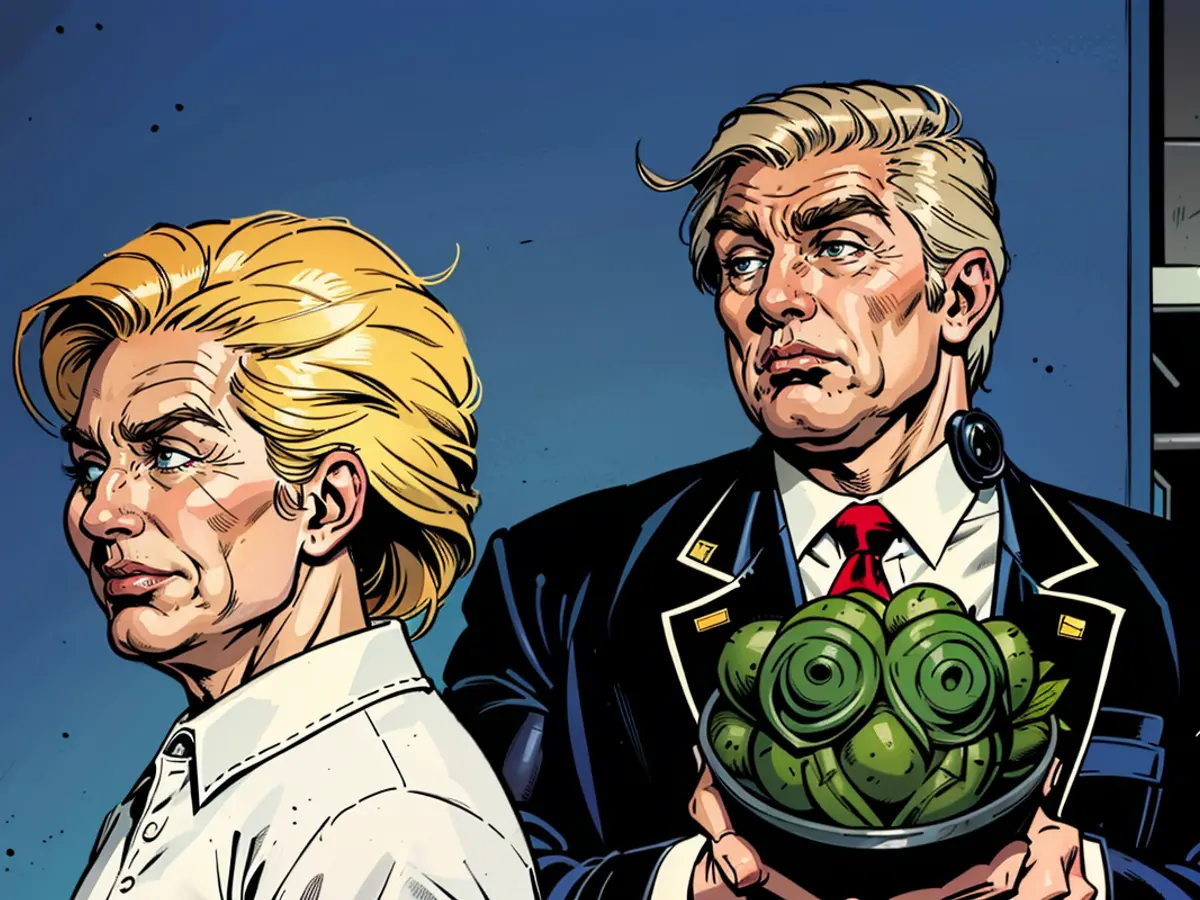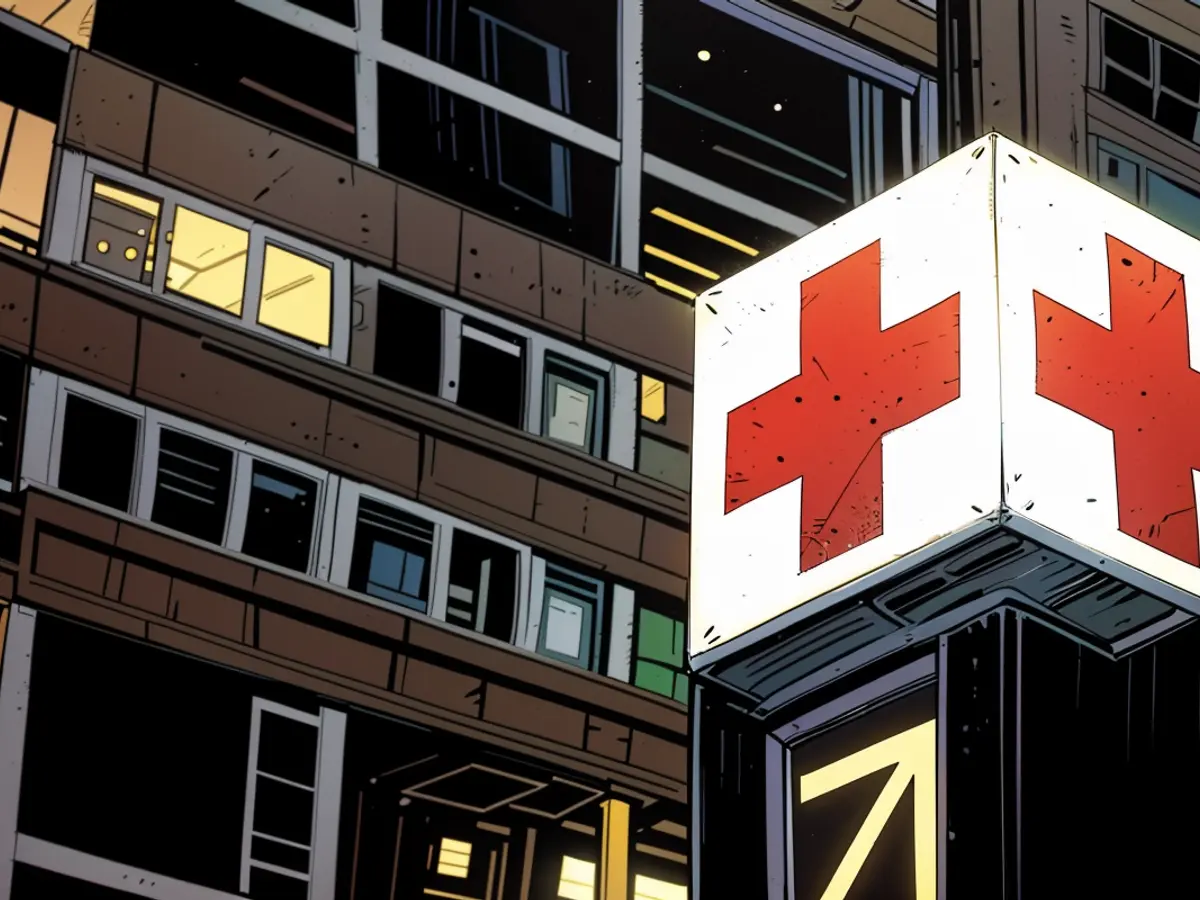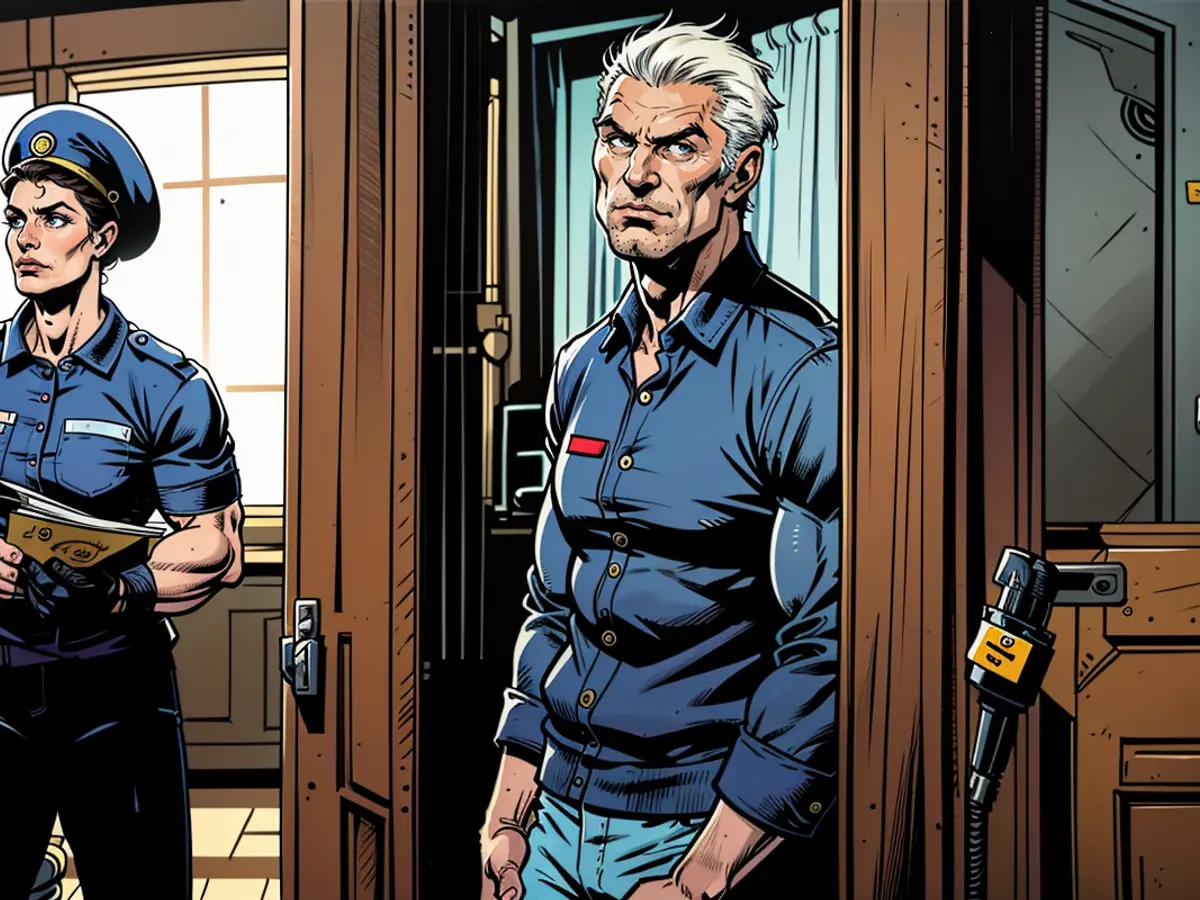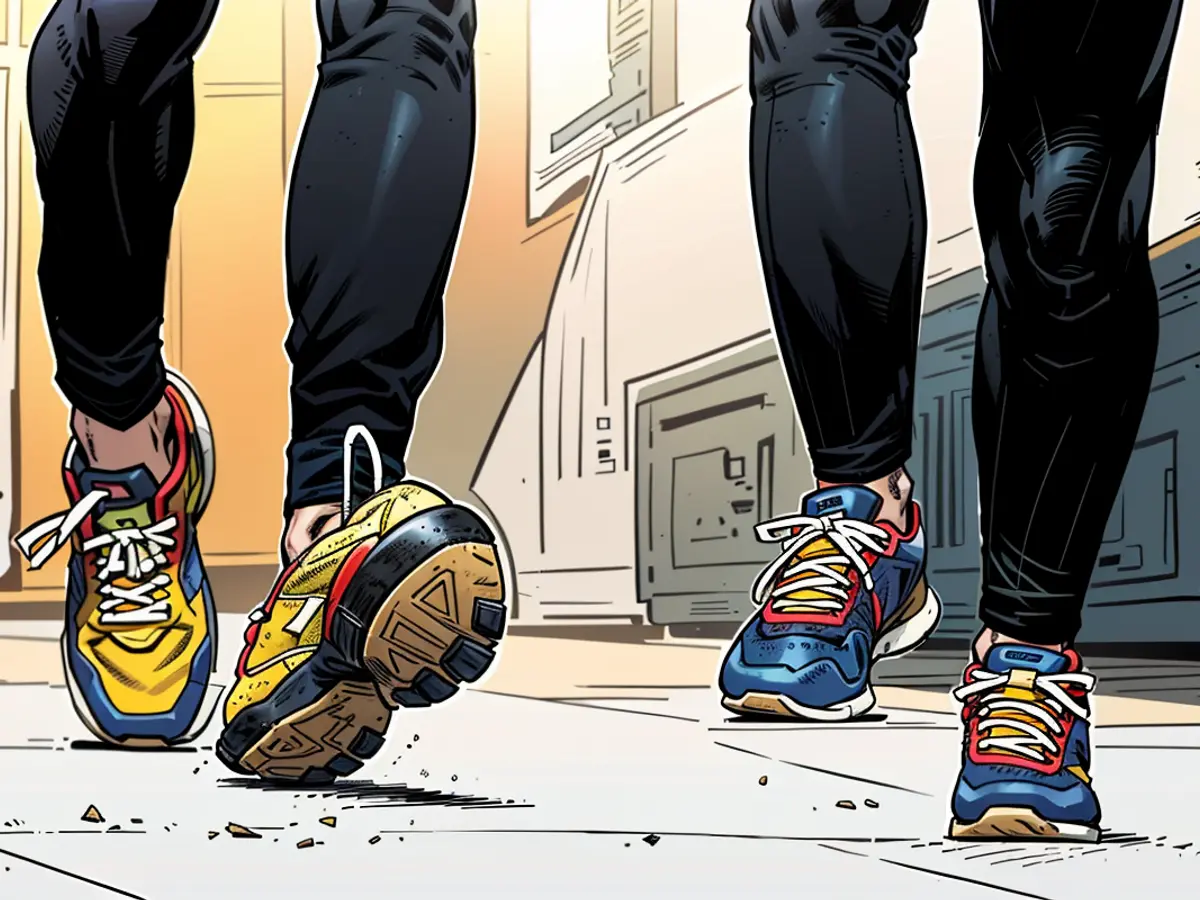Catholic Celebration - Steinmeier lamented the diminishing significance of churches.
Initially, Federal President Frank-Walter Steinmeier regretted the dwindling importance of churches during Catholic Day and advocated for an introspective discussion on the matter. He dually lauded the contributions of Christians in promulgating democracy, aiding the impoverished, and comforting the destitute. "To concede the grave reality of diminished approval and trust in the churches, my sentiments run deep," Steinmeier reminisced in Erfurt. "Truly, the changes are monumental."
Some of the reasons cited include self-inflicted wounds, like the suffering of numerous abuse cases and their long-awaited disclosure. An additional factor is the atrophy of interest in religious matters. "Do the churches offer insufficient incentives? Is their message limp, anemic, or inarticulate?" pondered the head of state.
A vivid spectacle marked the supplemental kickoff of the 103rd German Catholic Day with close to 20,000 visitors expected in Thuringia's state capital by Sunday. Although less numerous than during past Catholic Days, a diverse group comprised of young and old, scouts, pilgrims, devout nuns and others congregated in Erfurt Cathedral Square.
Partial sunshine and occasional rain showers dominated the weather rendering a picturesque backdrop to the event. The band played, and a witty cabaret artist lightened the mood with comic relief. Steinmeier, Catholic Day President Irme Stetter-Karp, and Thuringian Premier Bodo Ramelow shared cheerful banter.
Although on the agenda were complex issues such as the abuse scandal and institutional changes, other layers included war and peace, populism, and democracy.
Pope Francis provided a short greeting, urging for mutual endeavor and communication. "It appears that basic human rights are under siege now: by a resurgence of anti-Semitism, racism, and other radical ideologies advocating extremism and violence," warned the pontiff. All crises, be it moral, social, economic, or political, are intrinsically linked, underscoring the necessity for a collaborative approach to resolve them.
The head of the German Bishops' Conference, Georg Bätzing, anticipated an open refutation of extremism from the Catholic Day. "No space should be provided for this form of ethnic nationalism in our country," stated Bätzing. The Catholic Day, according to him, must also convey this message to the world at large. Christians, he said, must not be passive observers in world conflicts and wars.
Despite advocating for reform in the church, Stetter-Karp complained of drawn-out stagnation. "My patience is exhaustive, and it's not exclusively mine," retorted the President of the Central Committee of German Catholics and the organizer of the Catholic Day. She implored church leaders to "finally step up and chart a course." The abuse crisis has devastated trust in the church, exposing it in a state of crisis.
Uniquely, the Catholic Day is being held in Erfurt for the first time- and the first time since 2016 in ex-communist East Germany. There, Catholic Christians are a minority community. Stetter-Karp relayed that the Erfurt-based Catholic Day doesn't equate to a home-team advantage. "Does Catholicism have a home in Germany? I'm skeptical," she said.
Bishop Ulrich Neymeyr of Erfurt shared sympathy for the need for ecclesiastical transformation, particularly with respect to the role of women. "Numerous Catholics in Germany, as well as the bishops, endorse the idea of opening up the priesthood for women - ideally, deaconesses," declared the Bishop of Erfurt on ZDF. The Catholic Church asserts that the consecrated offices of deacon, priest, and bishop must be occupied by men solely.
For the ensuing days, politicians and politicians communicated their intention to join, including Federal Chancellor Olaf Scholz (SPD) and Vice Chancellor Robert Habeck (Greens). The motto of the conference is "The Future Belongs to the Human Being at Peace." The German Bishops' Conference boasts 20.9 million Catholics in Germany, while the Erfurt Diocese contains roughly 137,000 churchgoers.
This text is a "paraphrased" version of the original provided.
Image)
Read also:
- Year of climate records: extreme is the new normal
- Precautionary arrests show Islamist terror threat
- UN vote urges Israel to ceasefire
- SPD rules out budget resolution before the end of the year
Source:
